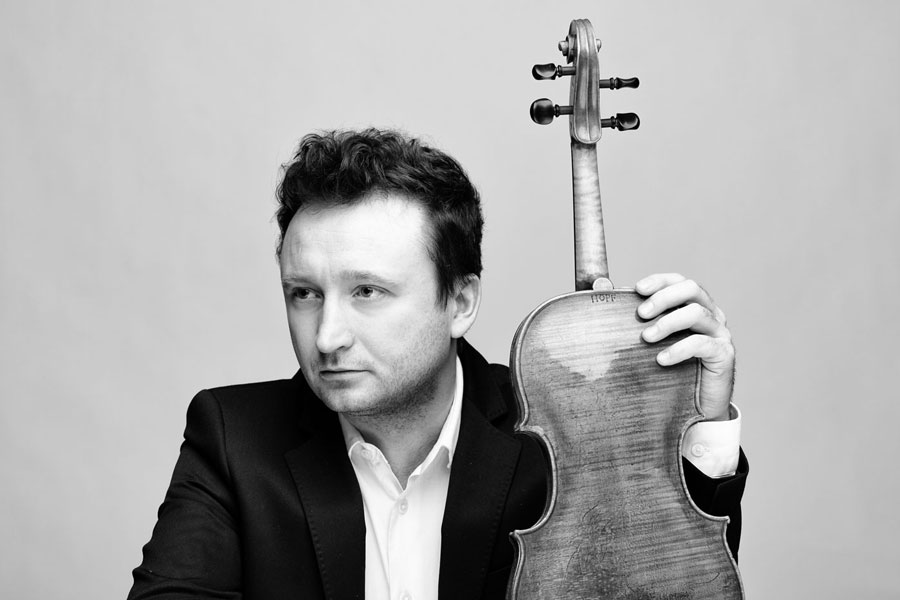“You can’t even imagine what it’s like to hear the steps of such a giant behind you,” wrote Johannes Brahms in a letter to a friend in 1872. 45 years after Beethoven’s death, it seemed that no one could equal his achievements in the field of both the string quartet and the symphony. Not feeling confident enough to take the challenge of this heritage for long but willing to write chamber music, Brahms began by composing not quartets, but string sextets. He wrote two works of this genre, and they turned out to be epochal achievements in the history of sextet.
In both, Brahms decided to fill the line-up with three pairs of instruments – 2 violins, 2 violas and 2 celloa. This made it possible to enhance their sound, evoking associations with orchestral playing, while maintaining musical sensitivity to the smallest details of the texture. Placing two cellos in the ensemble also allowed one of them to be used melodically. Brahms composed the first of the sextets in 1860, achieving great success, and Clara Schumann asked him for a piano transcription of the second movement of the piece.
Composing the second sextet a few years later was a way for Brahms to emotionally cope with the separation from his beloved. Her name was Agathe, she was a soprano, the daughter of a medicine professor, and she was considered a true beauty. “If things continue like this, I will probably disappear like a musical chord and vanish into thin air,” Brahms, who was still in love at the time, confided to a friend. Everything indicated that the couple would soon announce their engagement. Yet the composer was terrified of the sacrifices required by family life and in fact ... disappeared in a less than noble way. “I couldn’t stand the shackles of marriage!” – he wrote to Agathe in a letter. However, he did not forget about her completely, and in the songs he later created, he began to use a musical motif echoing his feelings towards a woman – the sounds A-G-A-H (B)-E. Six years after these events – in the summer of 1864 – the memories of Agathe von Siebold began to haunt him again. In the piece on which he then started work – Sextet No. 2 – this motif can be found at the culmination of the exposition in the first movement. “With this work I freed myself from my last love,” Brahms later wrote.

